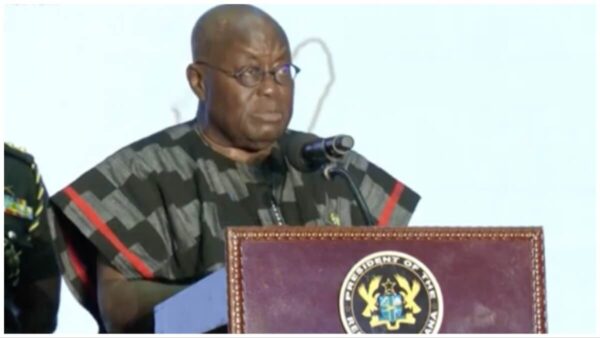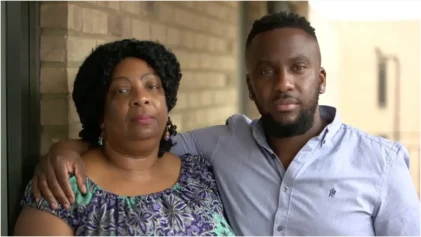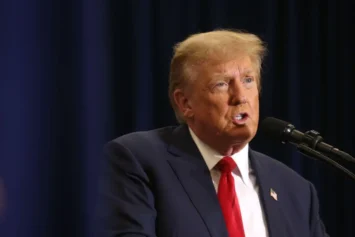At the urging of Ghanaian President Nana Akufo-Addo, delegates representing countries across the globe agreed to establish a Global Reparation Fund that would ensure compensation for millions of descendants of enslaved peoples.
Akufo-Addo gave remarks at a four-day reparations summit in Ghana’s capital city of Accra, stating it’s long past time for reparations to be distributed to the African continent and the African Diaspora for the devastating impacts of the “transatlantic slave trade.”
“It is now time to revive and intensify the discussions about reparations for Africa. Indeed, the time is long overdue,” the president told the summit crowd.

“The effects of the Slave Trade have been devastating to the African continent and to the African Diaspora, with the entire period of slavery stifling Africa’s economic, cultural and psychological progress,” Akufo-Addo explained. “You cannot quantify the effects of such tragedies, but they need to be recognized.”
Not only did slavery atrophy the social and economic growth of African peoples and their descendants, but in the years after, Western nations have made no effort to account for their role in it.
“Even before these discussions on reparations conclude, the entire continent of Africa deserves a formal apology from the European nations involved in the slave trade,” he added.”No amount of money can restore the damage caused by the transatlantic slave trade … But surely, this is a matter that the world must confront and can no longer ignore.”
The summit was put together to produce an African-led action plan for reparations, establish an African committee of experts to oversee the plan’s implementation and boost collaboration with the broader diaspora.
Delegates have not yet released how the fund will operate, but it will be backed by a committee of experts set up by the African Union Commission, which will collaborate with African nations.
Ambassador Amr Aljowailey, strategic adviser to the deputy chairman of the A.U. Commission, told summit attendees that a special envoy would also be appointed to engage in campaigns, litigation, and judicial efforts. Aljowailey said compensations will be based on the “moral and legal rights and dignity of the people.”
Advocates argue against direct financial payments and believe reparations should go toward developmental aid for countries, the return of colonized resources, and the systemic correction of oppressive policies and laws, The Associated Press reports.
Some world leaders have apologized for their countries’ part in the trade or the violence their country’s leaders perpetuated to colonize and conquer African nations during the age of imperialism.
Even African presidents and delegates have apologized for abetting and empowering the slavery by selling or trading African peoples to Europeans for resources and goods.
Reuters reported that approximately 12.5 African people were abducted, transported by European ships, and sold into slavery from the 15th to the 19th centuries. Those who survived the voyage had to live on plantations to serve European settlers in the Americas.
Akufo-Addo also wholeheartedly welcomed uniting with Caribbean nations who have also called for reparations, stating, “We in Africa must work together with them to advance the cause.”
A United Nations report released in September revealed that countries could consider financial reparations to account for the enslavement of people of African descent. However, the effort becomes legally complex because of the amount of time that has passed and the difficulty in identifying perpetrators and victims.


